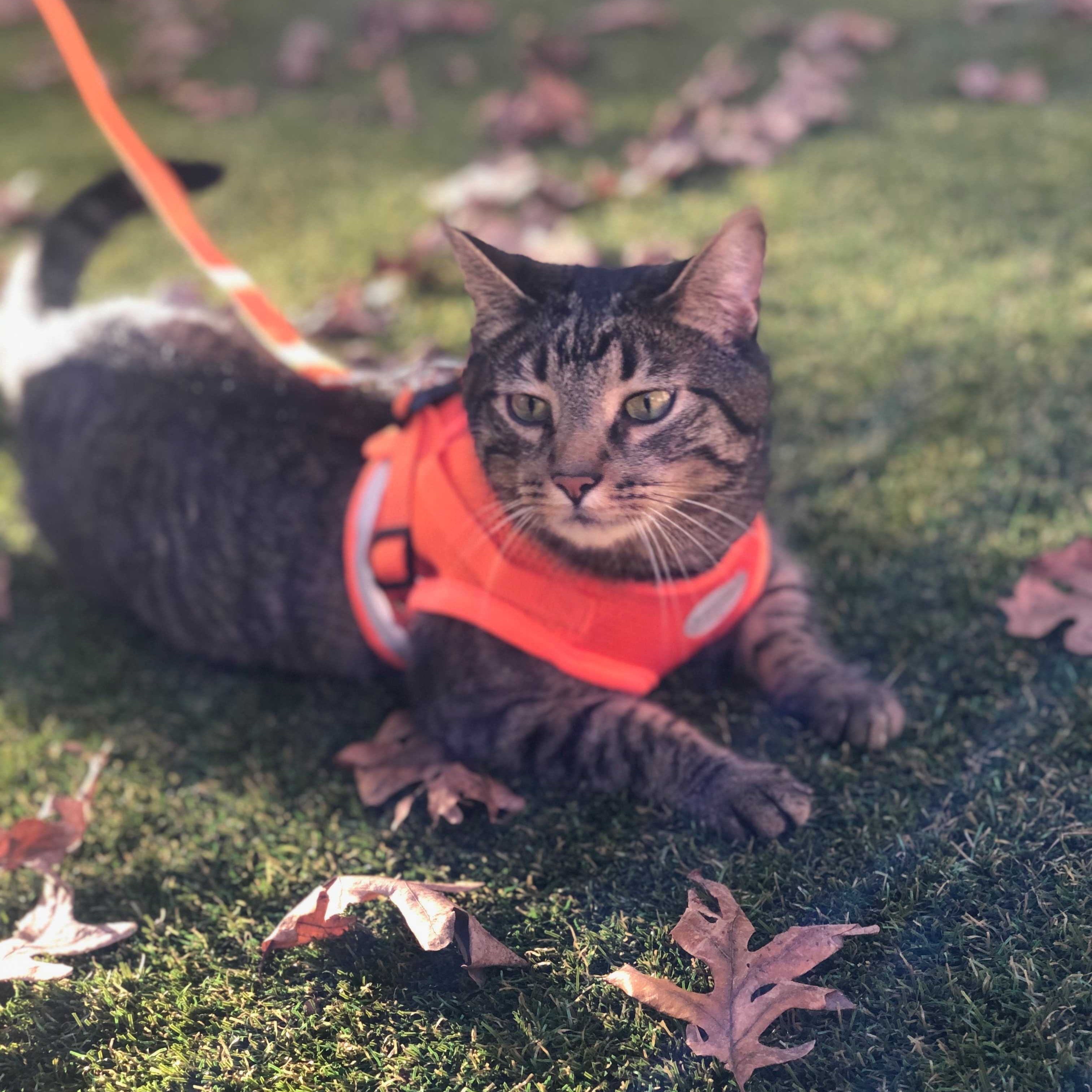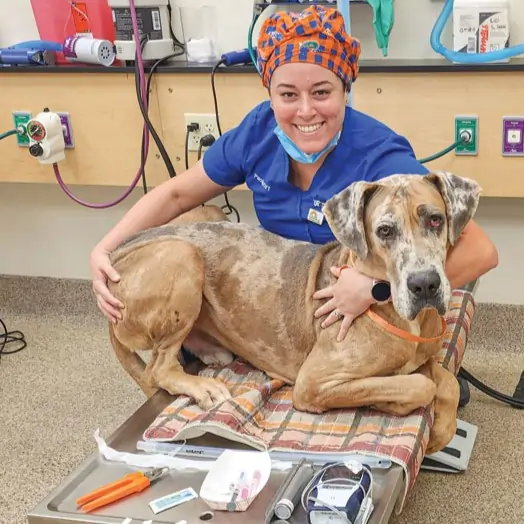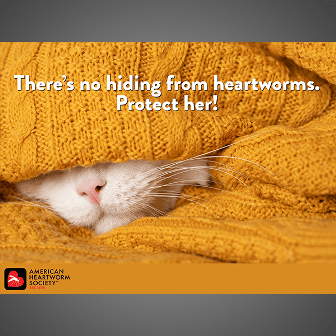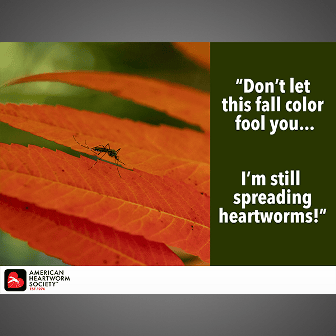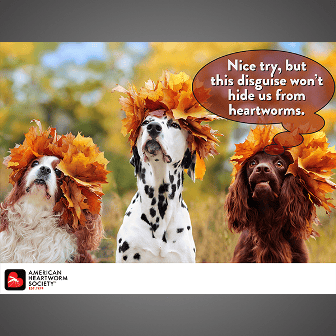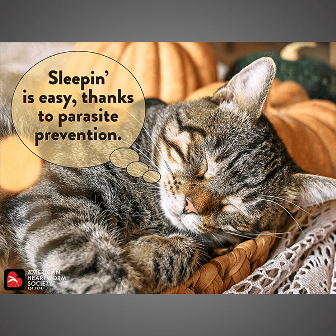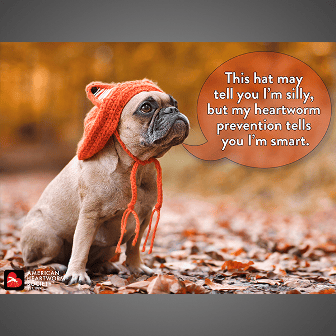Link to the online survey is now live
APEX, NC —The American Heartworm Society (AHS) is asking veterinarians to contribute to the profession’s understanding of heartworm disease in the U.S. by participating in the 2025 AHS Heartworm Incidence Survey.
The AHS maps, which date back to 2001, are generated every three years and are widely used by veterinarians, animal shelters, animal rescue organizations and media to educate the pet-owning public about the threat of heartworm disease. The maps, which are built using data submitted by thousands of veterinary practices and animal shelters, also provide vital insights for veterinary professionals about heartworm incidence trends and the spread of heartworms into new areas of the country.
“Every veterinary practice that submits data helps the AHS to create a more comprehensive and useful map, which in turn helps veterinarians provide valuable information to clients on the threat of heartworms in their practice areas,” stated AHS President Marisa Ames, DVM, DACVIM (Cardiology). Ames emphasized that neither size nor location of practice—nor the number of heartworm cases seen—should be a factor, adding that the brief survey can be completed online.
“Whether yours is a large or small practice—or whether you live in a warm- or cold-weather state—we urge you to submit your information,” Ames concluded.
The deadline to submit survey data is February 14, 2026. The new 2025 AHS map will be made public in April as part of Heartworm Awareness Month.
Veterinarians participating in the survey are eligible for a gift card drawing (see terms and conditionsterms and conditions). Only one survey per practice will be accepted.
About the American Heartworm Society
The mission of the American Heartworm Society is to lead the veterinary profession and the public in the understanding of heartworm disease. Founded during the Heartworm Symposium of 1974. The American Heartworm Society aims to further scientific progress in the study of heartworm disease, inform the membership of new developments and encourage and help promote effective procedures for the diagnosis, treatment, and prevention of heartworm disease.



